THINK AGAIN About the Role of Multivitamins for Brain Health
Rethinking Multivitamins for Brain Health
This content was created in partnership with Maggie Moon, MS, RD. Maggie Moon is a registered dietitian who trained at Berkley and Columbia and specialises in neuronutrition.
The world stands on the precipice of a demographic shift. By 2050, ~2 billion people will be aged 60 and over, presenting a formidable challenge to global healthcare systems.1
This situation highlights the growing need to consider lifestyle changes and steps to help improve long-term health.
Read on for simple, evidence-based proactive health strategies for better brain health. Short on time? Please watch the 1-minute video series, found at the bottom of the page.
Key Learning Points
- Preventative Brain Health – How do we build cognitive reserve with the six pillars of brain health?
- Nutrition Gaps: Why is it hard to get everything we need from diet alone, and do multivitamins increase nutrient biomarkers?
- New Clinical Data – An overview of randomised control trials investigating the effect of multivitamin supplementation on brain health, including a new meta-analysis from esteemed researchers at Harvard Medical School and Brigham and Women’s Hospital.
The Six Pillars of Brain Health
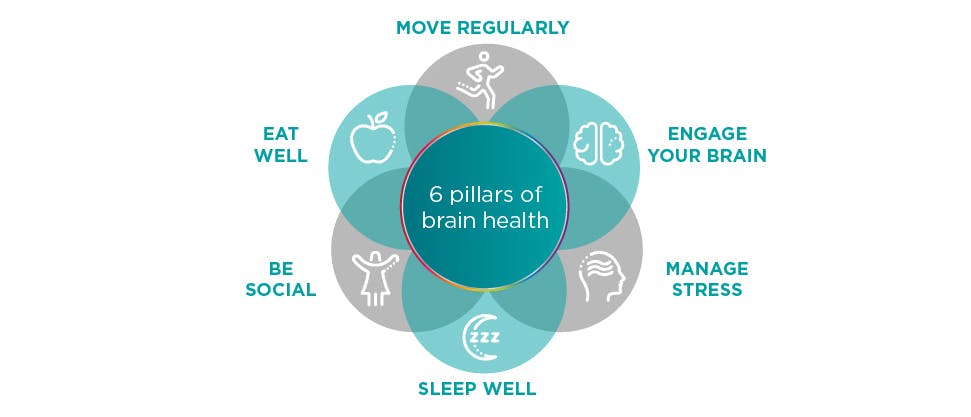
What Actions Can We Take Today for Better Brain Health Tomorrow?
Some signs of age-related cognitive shifts may begin as early as our 20s and 30s, but it's the later manifestation of these changes that catch our attention.2 This underscores the fact that supporting our brain health should start well before our 60s, but the good news is proactive measures can be taken at any stage of life.
The Global Brain Council advocates for six actions to safeguard brain health – including eating well (image above).3 These are simple, evidence-based lifestyle changes you can recommend to your patients to help reduce the impact of ageing on their brain.
What is the science behind this? These activities help to build cognitive reserve –the brain's ability to improvise and find alternative ways of completing tasks or solving problems.4 The concept of cognitive reserve helps to explain why some people with physical signs of brain ageing manage still keep their mental sharpness.
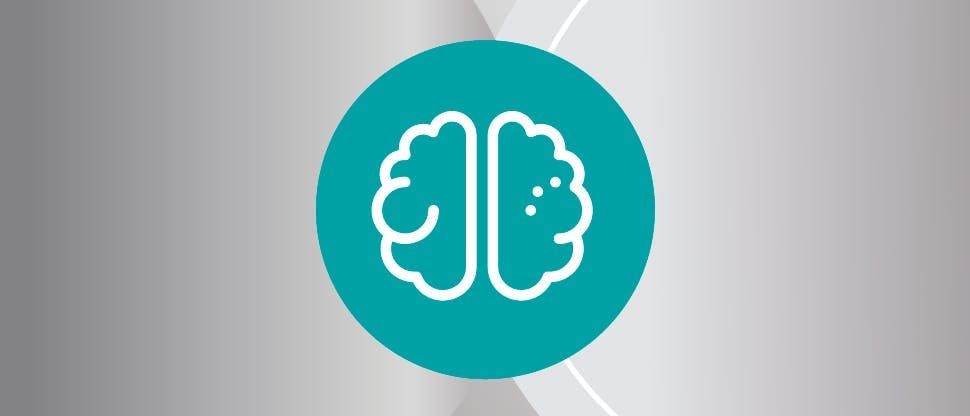
Can You Protect Your Brain with Your Fork?
There is a growing body of evidence to suggest certain dietary approaches such as the Mediterranean and MIND diets can support brain health. Both diets share common elements like high consumption of nutritious plant-based foods – yet the reality of our global diet paints a different picture.
The worldwide intake of fruits and vegetables falls about 50% short of recommended levels.5
Factors Contributing to Nutrient Shortfalls:
- Ageing: Age-related factors, including drug-nutrient interactions and decreased gastric acid production, impair nutrient absorption.6-9
- Lifestyle pressures: High-stress lifestyles and demanding occupations increase the risk of insufficient nutrient intake.10,11
- Consumer choices: Preferences and dietary restrictions, such as vegan or vegetarian diets, can lead to key micronutrient inadequacies and/or deficiencies.12
- Agricultural changes: Some studies suggest that nutrient content of foods may be impacted by farming practices.13
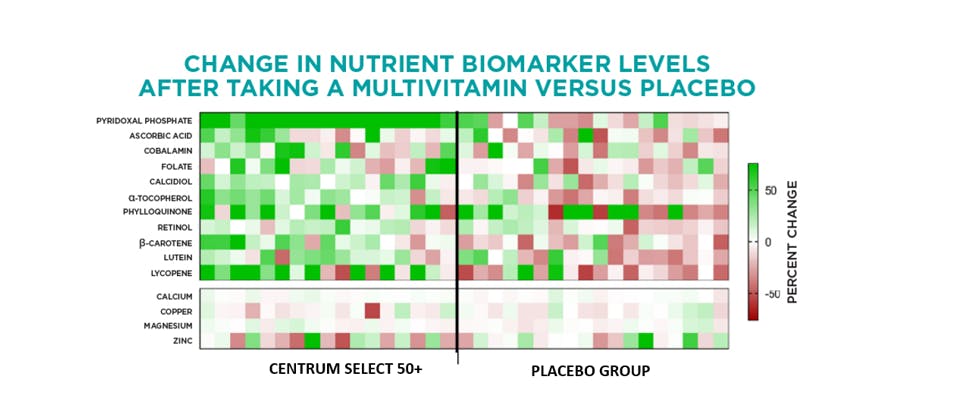
Can Multivitamin Supplementation Help to Increase Nutrient Levels?
As the most clinically studied brand of multivitamins in the world, Centrum was developed by scientists to nourish the body with essential nutrients.
Two recent investigator-led clinical studies have shown Centrum Select 50+ significantly improves blood biomarkers of some key micronutrients versus placebo.14,15
Centrum Select 50+ supplementation demonstrated significant increases in:
Study 1: Randomised control trial (n=35)14
- Vitamin B6 (pyridoxal phosphate)
- Vitamin D (calcidiol)
- Vitamin E (α- tocopherol)
- β-Carotene
Study 2: Randomised control trial, COSMOS (n=399)15
- Vitamin 25 D (calcidiol)
- Vitamin B12
- Folate

Can a Multivitamin Go Beyond Filling Nutritional Gaps?
Multiple studies have shown multivitamin supplementation can increase the biomarker levels of some micronutrients and there have also been a handful of large-scale, long-term randomised control trials that have investigated the effects of multivitamin supplementation on health outcomes, including brain health.14-16
A new landmark meta-analysis from esteemed researchers at Harvard and Brigham and Women’s Hospital are shining a light on the potential benefits of Centrum multivitamin supplementation for memory and brain health.17 The authors concluded that the evidence warrants consideration by clinical guidelines for the role of multivitamins in brain health.17
What did clinical studies show?
Four long-term randomised control trials (Physician’s Health study II, COSMOS-Mind, COSMOS-Web and COSMOS-Clinic) and a meta-analysis have investigated the effect of a daily multivitamin on aspects of cognition, including memory in older adults. Read a summary below.
Physician's Health Study II (n=5,947):18
- Intervention: Centrum Select 50+ versus placebo
- Population: 5,947 male physicians, age 65 and older
- Findings:
- There was no statistically significant benefit of daily multivitamin use on cognitive function scores.
- Limitations of the study were that the population was a highly-educated, possibly well-nourished population in addition no baseline testing of cognitive function until about 2.5 years after randomisation.
Meta-analysis: COSMOS cognition studies (studies included: COSMOS-Mind, COSMOS-Web, and COSMOS-Clinic)17
- Intervention: Centrum Select 50+ versus placebo
- Population: 5,203 older adults (both men and women)
- Findings:
- Contrasting the Physician Health study findings, data from all three randomised control trials consistently showed those taking Centrum Select 50+ had statistically significant improvement in memory performance versus placebo.
- Notably, in the COSMOS-Web trial, those taking daily Centrum Select 50+ showed a significant memory benefit, which was estimated to reverse age-related memory decline by 3.1 years versus placebo.*19
Essential Insights for Healthcare Professionals
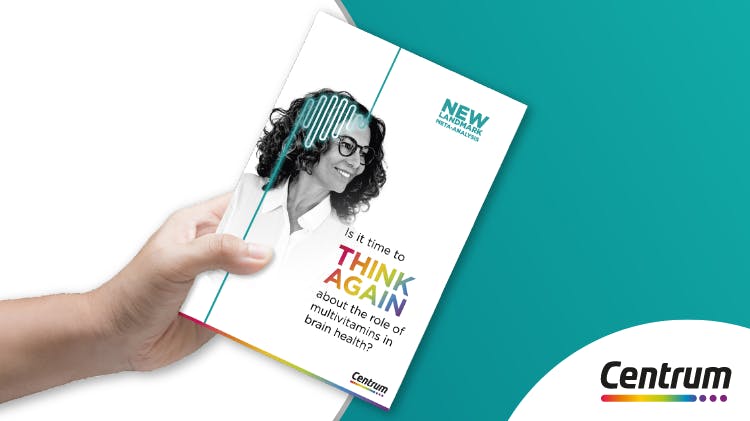
Publication summary: COSMOS cognition studies
Discover the landmark data in multivitamins and brain health from esteemed researchers at Harvard Medical School and Brigham and Women’s Hospital.

Can multivitamins help our brain health?
Dietitian and brain health expert, Maggie Moon, talks about how multivitamins can support brain health.
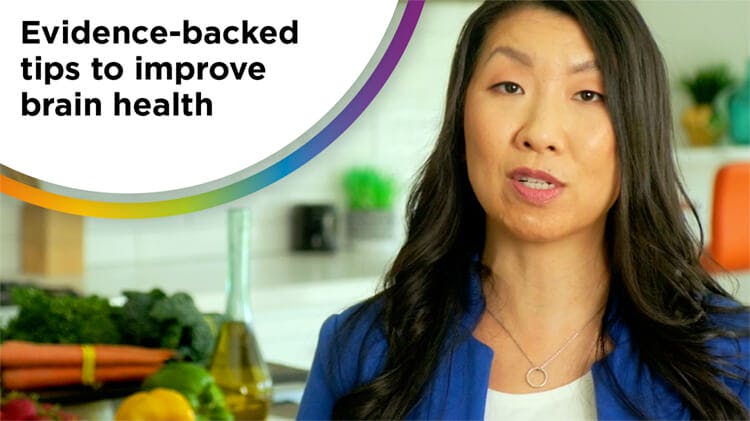
Evidence-backed tips: How to Improve Brain Health
Discover the 6 key pillars of brain health from the Global Brain Council.
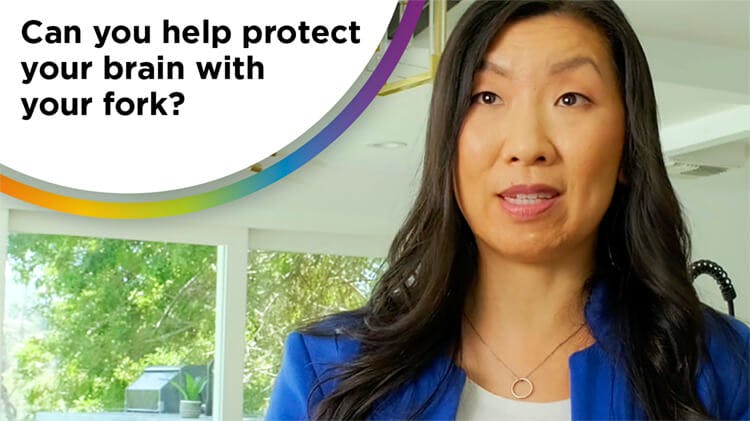
Can you help protect your brain with your fork?
Learn about the importance of micronutrients for supporting brain health and healthy ageing.
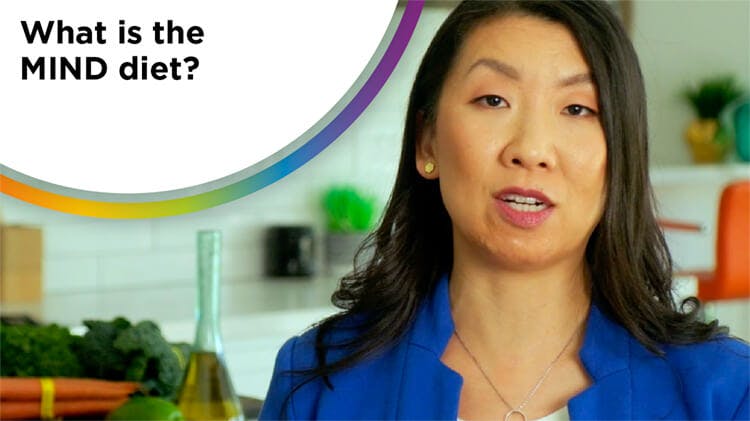
What is the MIND diet?
An overview on an emerging dietary approach which focuses on eating to improve brain health.
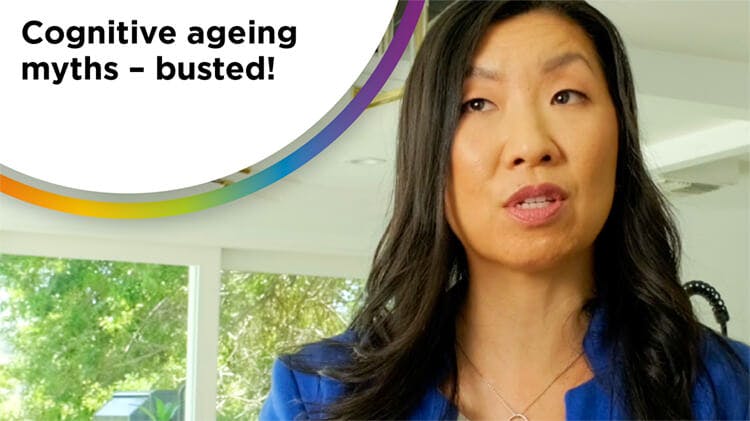
Cognitive Ageing Myths – Busted!
This video challenges common myths in relation to cognitive ageing and shares evidence of the neuroprotective role of nutrition.
Explore more
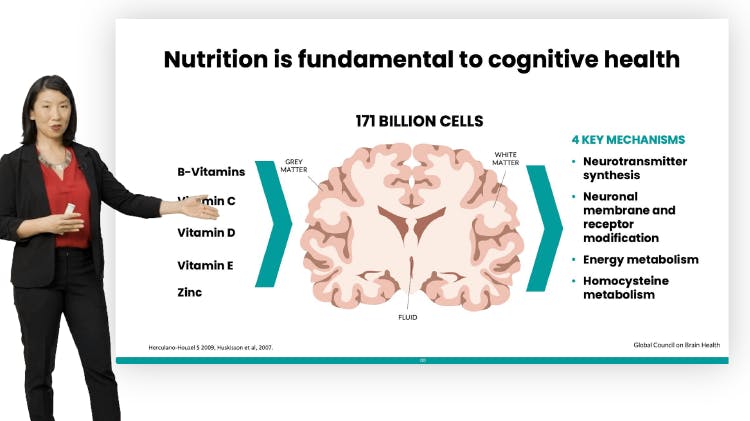
Nutrition and Brain Health Webinars
Take a deeper dive into brain health content with three bite-sized webinars from Maggie Moon, MS, RD (dietitian and brain health expert).
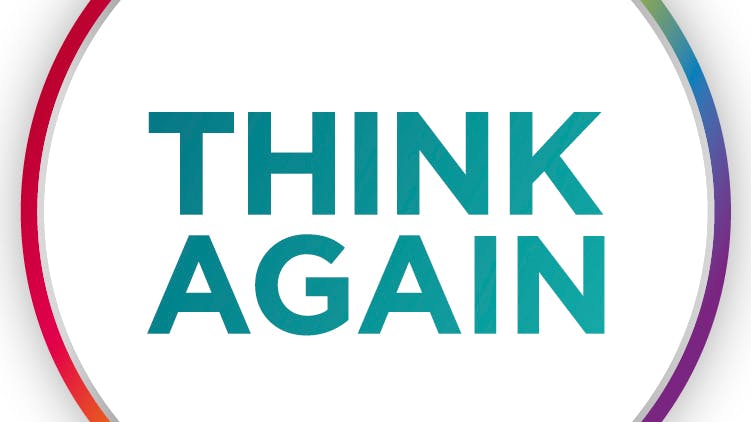
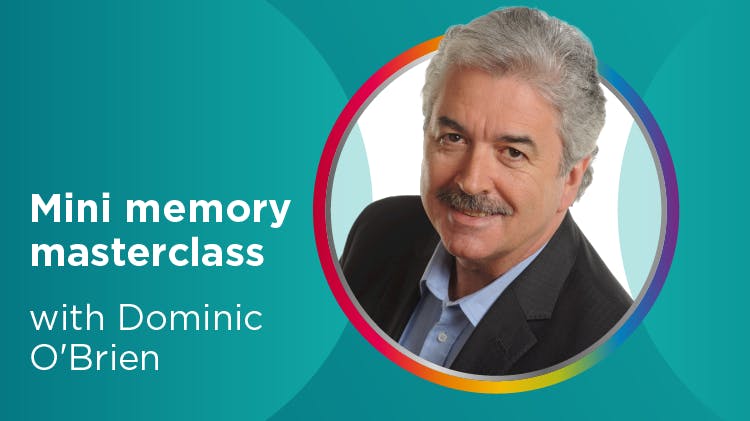
Memory Masterclass with a World Champion
Unlock your memory’s full potential with Dominic O’Brien’s powerful techniques.